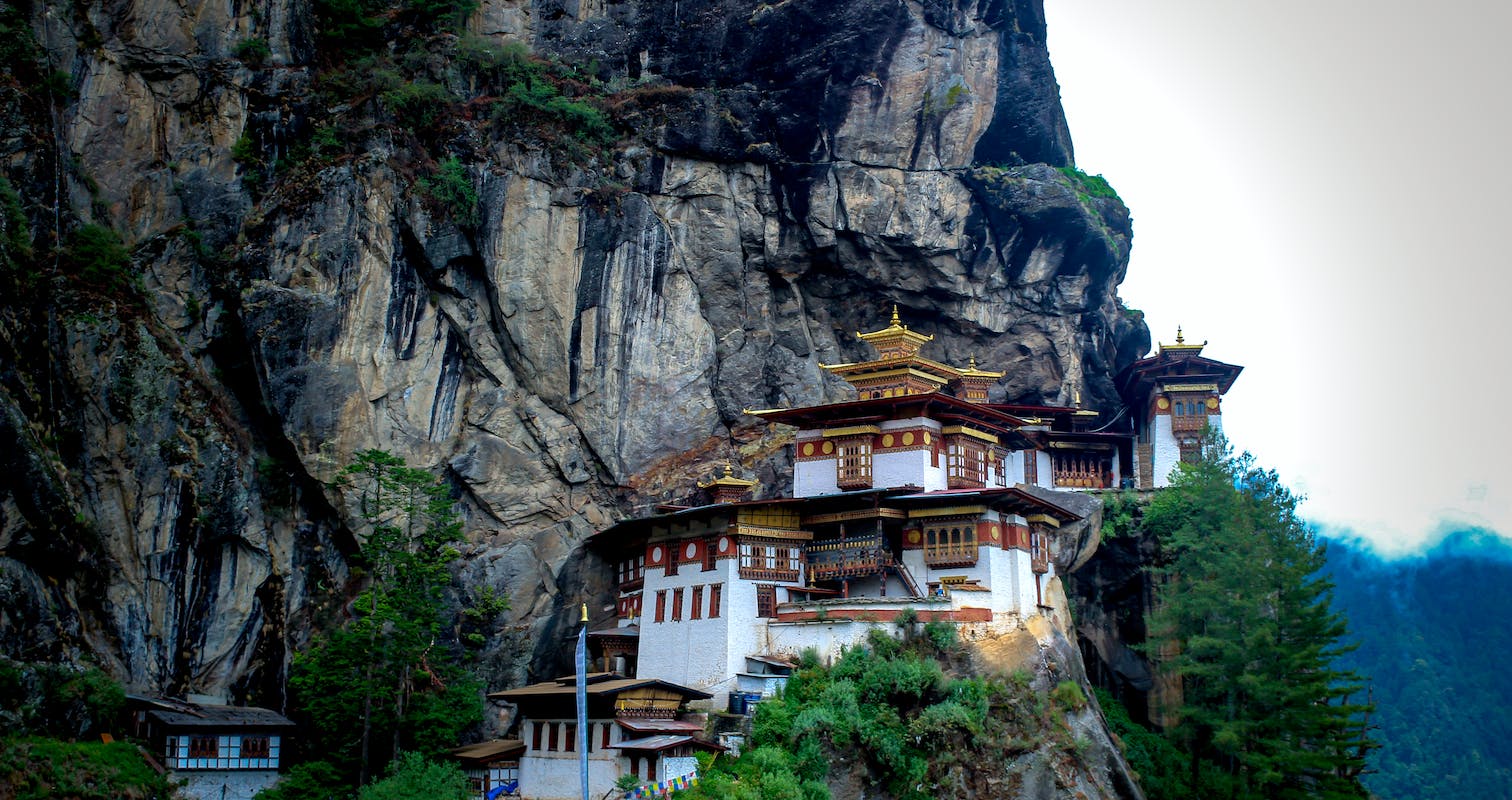Introduction
Are you tired of the same old tourist traps and crowded cities? Are you in desperate need of a change of scenery and some peace and quiet? Look no further than Haa Valley, Bhutan, the hidden gem of the Himalayas! Trust us, you won’t find a more picturesque and serene place to visit.Welcome to The Journey Seeker! Find out all about Travel in May Haa Valley, Bhutan!
Atmosphere / Vibes in Haa Valley, Bhutan
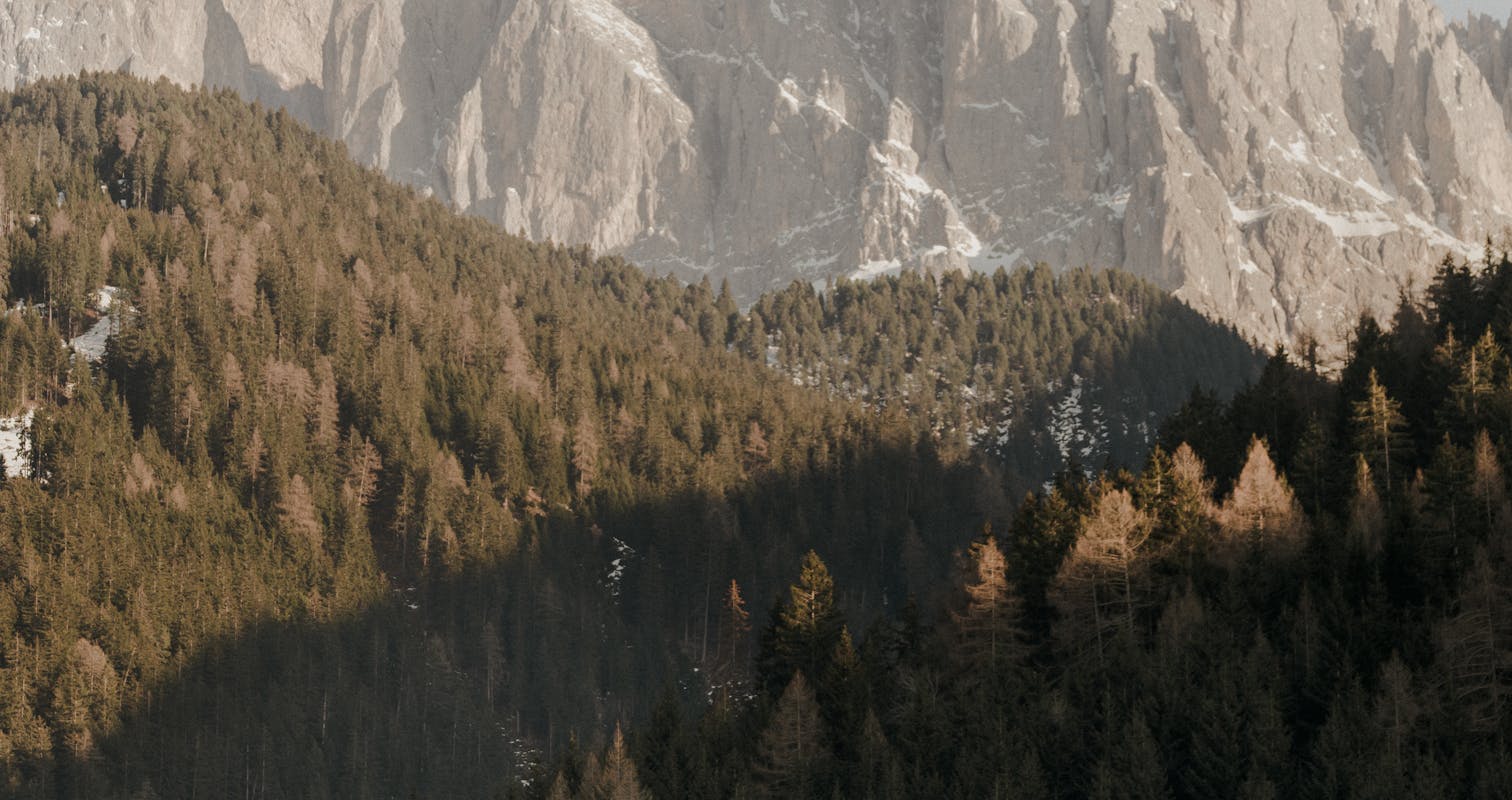
Weather in May/June
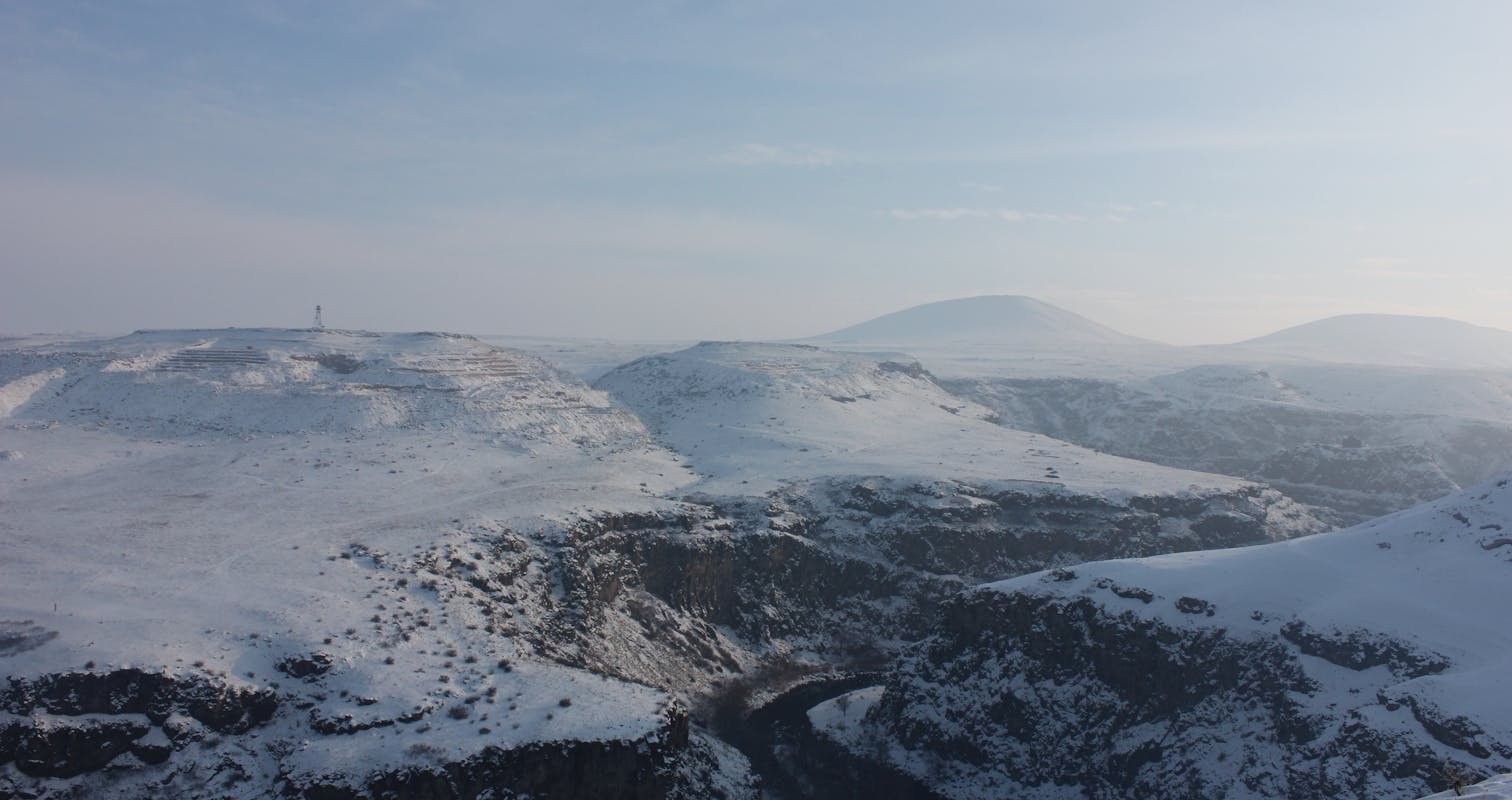
Why Haa Valley, Bhutan is the Best Place to Be
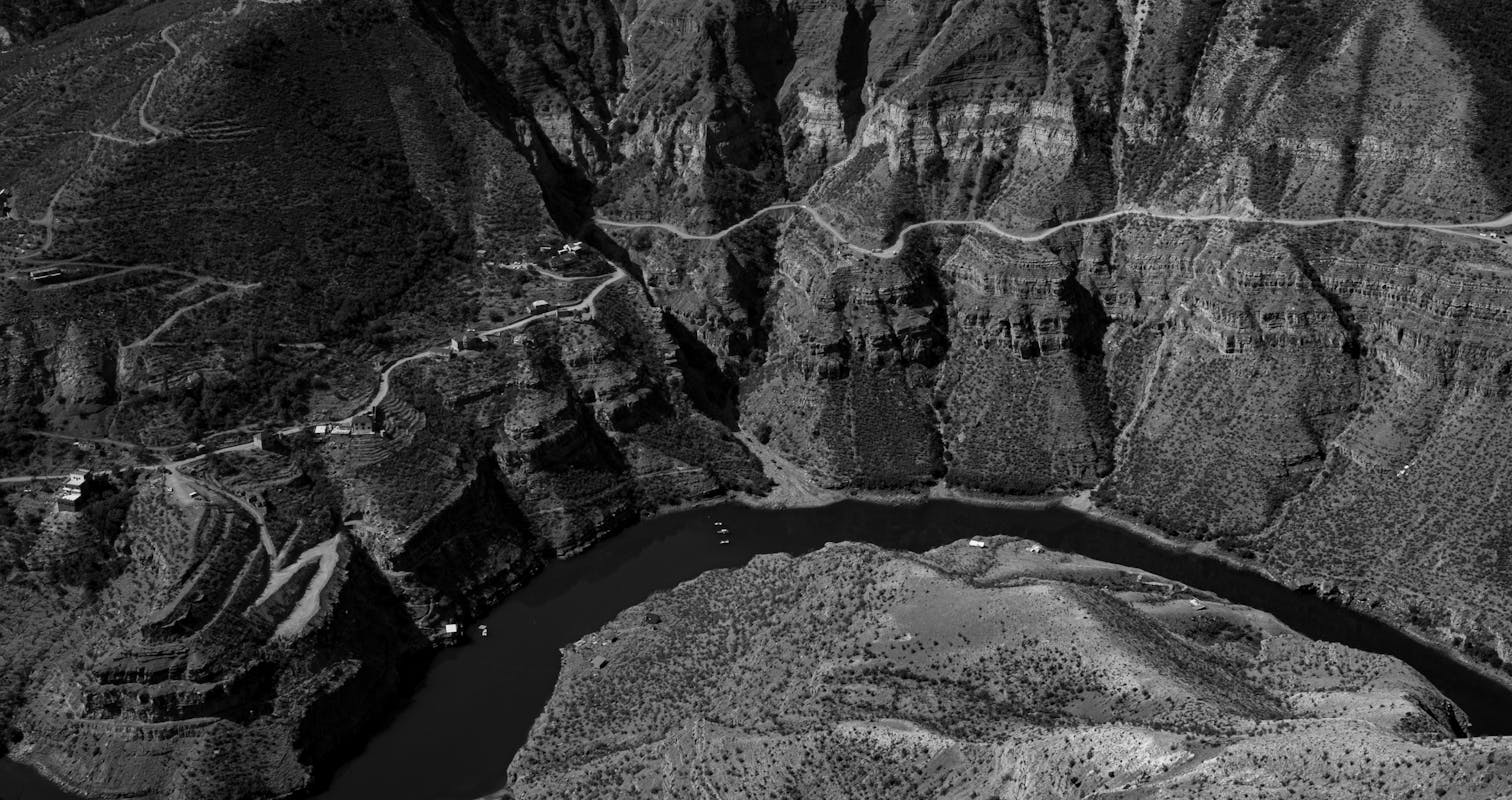
5 Reasons Why You Should Visit Haa Valley, Bhutan in May

- The weather is perfect for outdoor activities like hiking and sightseeing.
- The colorful springtime flowers are in full bloom, adding to the valley’s already stunning beauty.
- May is before the peak tourist season, so you can experience Haa Valley’s peaceful atmosphere without the crowds.
- There are plenty of festivals and cultural events happening in May, allowing you to fully immerse yourself in Bhutanese culture.
- May marks the beginning of Bhutan’s summer, making it the perfect time to visit before the monsoon season starts in June.
Cost of Travel
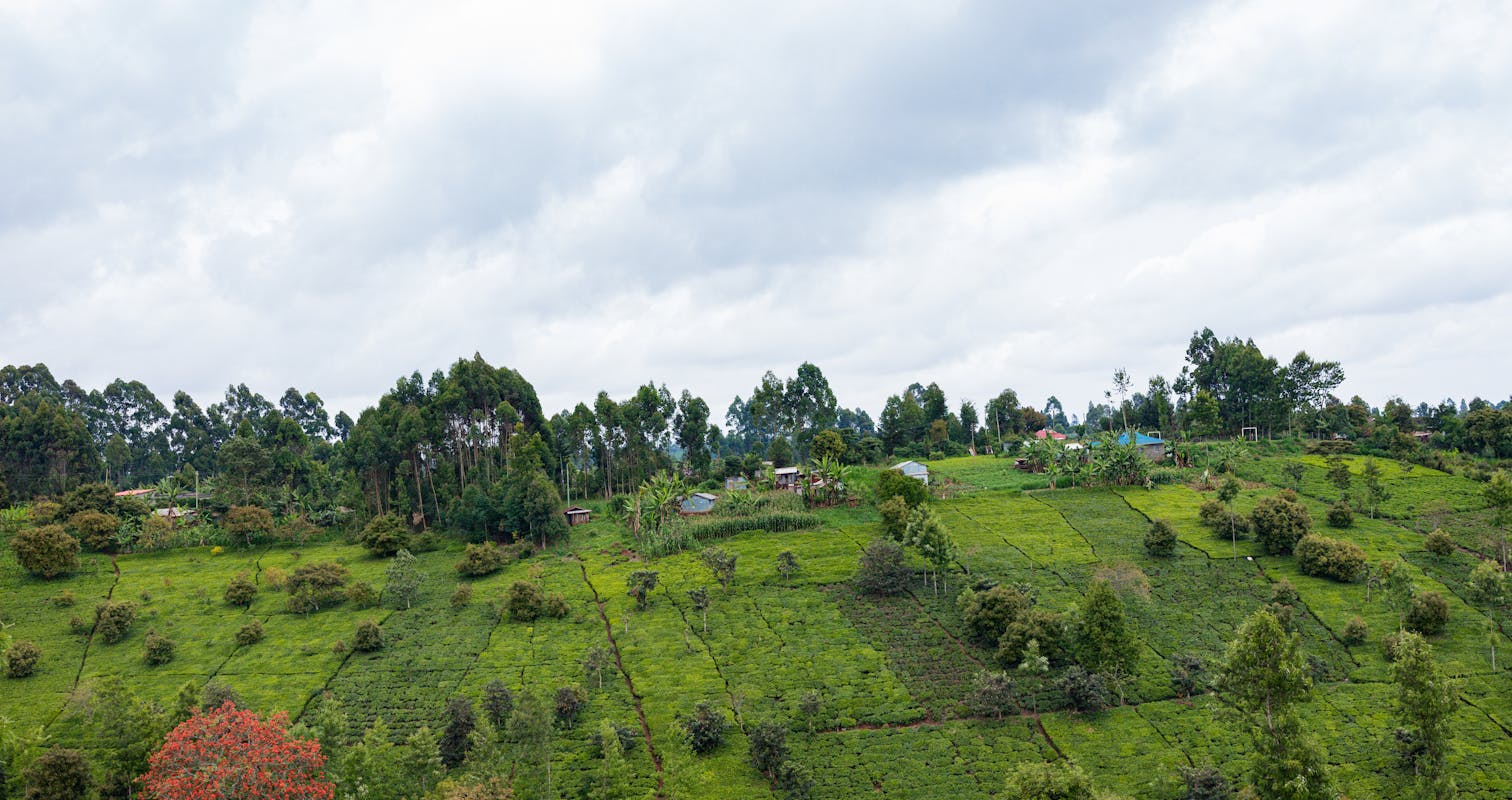
Top 8 Things to Do in Haa Valley, Bhutan
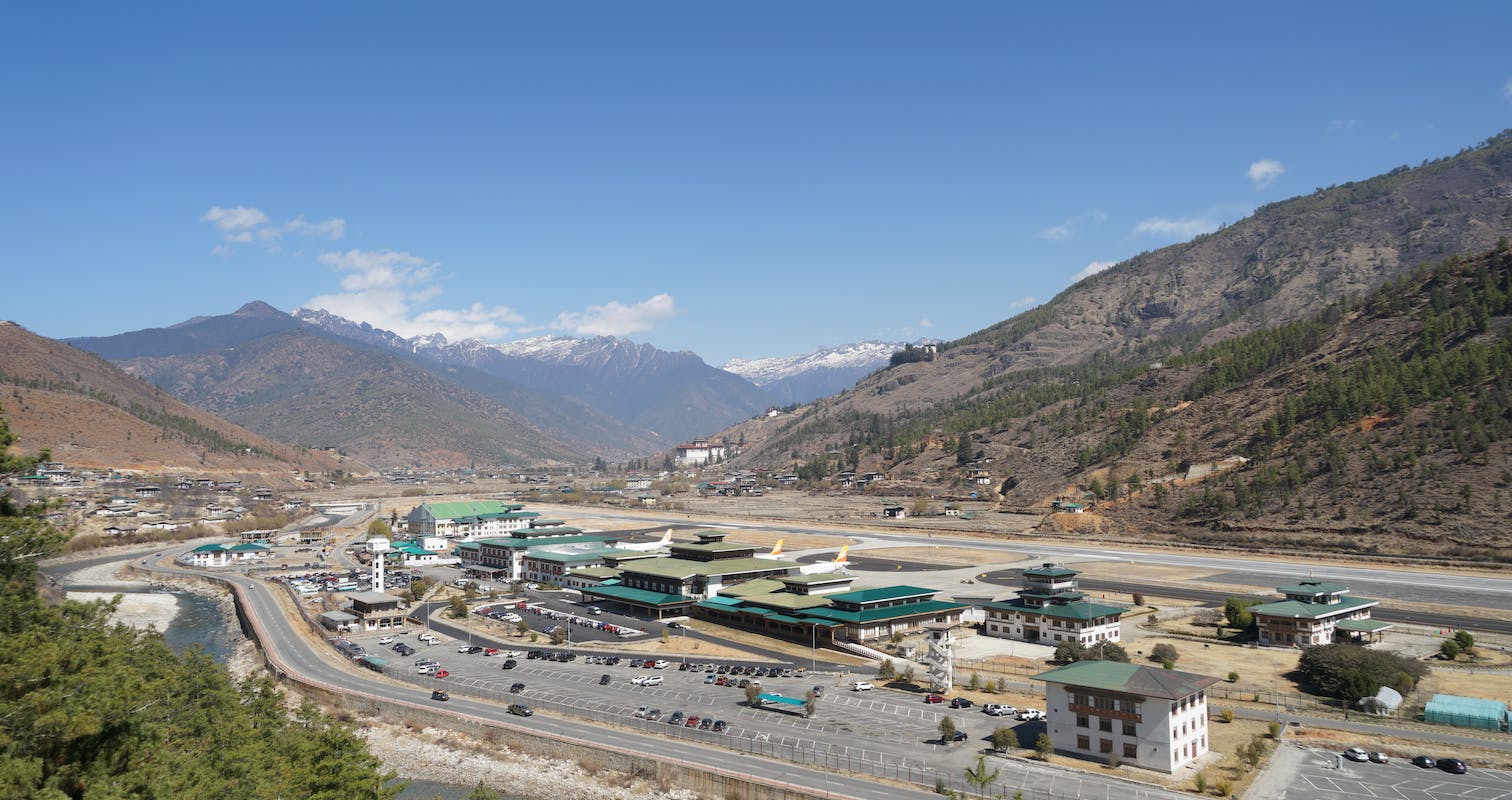
- Hike to Haa Dzong, a beautiful fortress perched on a hill overlooking the valley.
- Visit the Haa Monastery, a beautiful and peaceful place of worship.
- Go rafting or kayaking on the Mo Chhu River.
- Explore the local villages and meet the friendly locals.
- Visit the Haa Summer Festival, a celebration of Bhutanese culture and traditions
- Go birdwatching in the Haa Valley, home to many rare and beautiful species of birds.
- Take a day trip to the Chele La Pass, a high mountain pass with stunning views of the Himalayas.
- Try your hand at archery, the national sport of Bhutan, at a local archery range.
Conclusion

Have you maybe thought about staying in Haa Valley for a little longer and working remotely? Here is another blog post about becoming a Digital Nomad in Haa Valley
Did you like this post? Have a look at our other blog posts about living in Bhutan, such as Lhuntse, Trongsa or Mongar.

